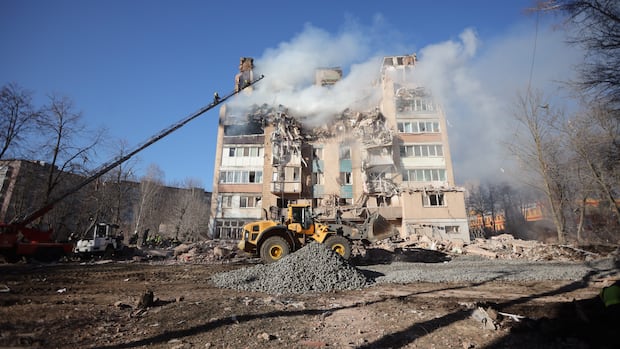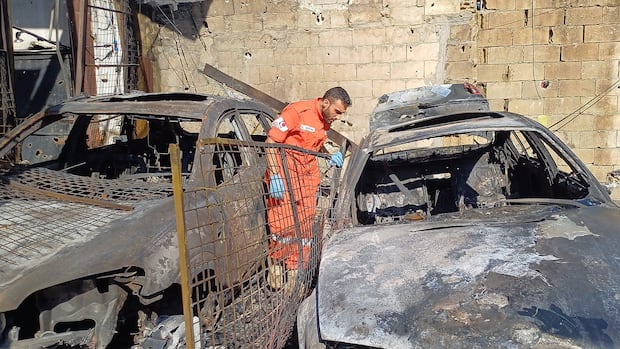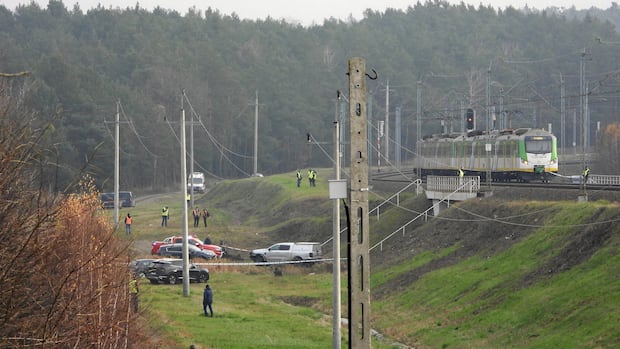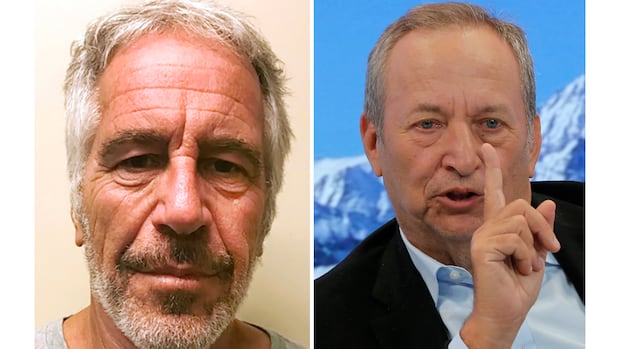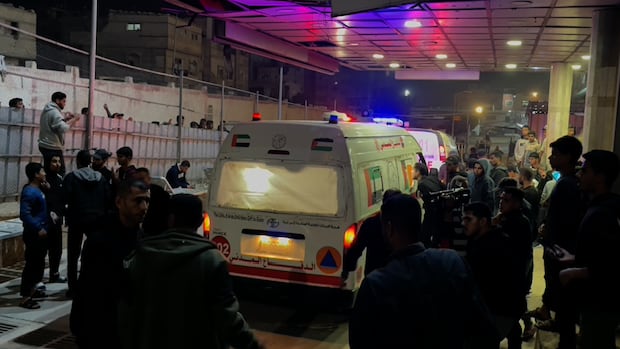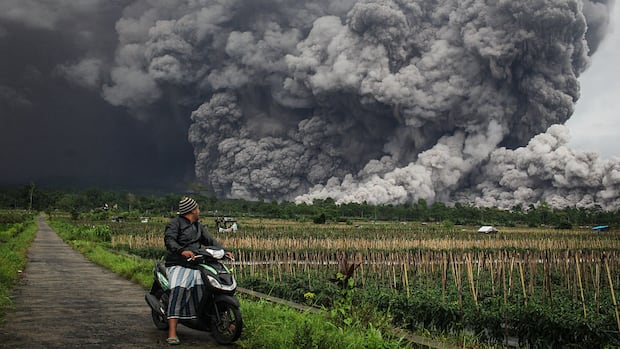Listen to this article
Estimated 4 minutes
The audio version of this article is generated by text-to-speech, a technology based on artificial intelligence.
At least 25 Palestinians were killed in four Israeli airstrikes on Wednesday, in a part of Gaza under Hamas control since a shaky ceasefire took effect in October, the local Health Ministry said.
Medics said 10 people were killed in the Gaza City suburb of Zeitoun, two in Shejaia suburb to the east and the rest in two separate attacks in Khan Younis in the southern Gaza Strip.
The Israeli military said its forces struck Hamas targets across Gaza after members of the Palestinian militant group fired on its troops in violation of the nearly six-week-old ceasefire. No Israeli forces were injured.
Hamas condemned the strikes as a dangerous escalation, and urged the U.S. to "honour its stated commitments and exert immediate pressure on Israel to enforce the ceasefire and halt its attacks."
But a U.S. official, who spoke anonymously, said Hamas was aiming to break the ceasefire and not fulfil its commitment to demilitarize.
"These desperate tactics will fail," the official said.
Kifah Mahmoud, 58, said she was praying in a tent, where her family was sheltering along with her four orphaned grandchildren in a camp west of Khan Younis.
"Everyone was screaming … people were in pieces. Paramedics couldn't figure out what [or who] to carry," she said at Nasser Hospital in Khan Younis.
"We had no notice. We were just sitting in the tent, praying."
WATCH | Aid still inadequate, groups say:Israel reopened the Zikim crossing in northern Gaza to allow more supplies into the territory this week, but aid groups say the aid that has come through isn't adequate as winter and the rainy season approaches.Repeated shootings have pointed to the fragility of the ceasefire. Israel and Hamas have traded blame for what both call violations of the U.S.-brokered truce, the first stage of President Donald Trump's 20-point plan for a post-war Gaza.
The attacks were far beyond an agreed-upon imaginary "yellow line" separating the areas under Israeli and Palestinian control, according to medics, witnesses and Palestinian media.
The Zeitoun attack was on a building belonging to Muslim religious authorities, and the Khan Younis attack was on a United Nations-run club, both of which house displaced families.
The Oct. 10 ceasefire in the two-year Gaza war has eased the conflict, enabling hundreds of thousands of Palestinians to return to Gaza’s ruins. Israel has pulled troops back from city positions, and aid flows have increased somewhat.
But violence has not completely halted. Palestinian health authorities say Israeli forces have killed 305 people in strikes on Gaza since the truce — nearly half of them in one day last week when Israel retaliated for an attack on its troops.
Israel says three of its soldiers have been killed since the ceasefire began.
Meanwhile, a Gaza company that operates water desalination plants serving nearly half of the enclave's population said on Tuesday it had resumed operations after Hamas-led security freed a staff member whom they detained on Monday.
The Abdul Salam Yassin Company said in a statement the staff member was "fine and in good health."
The company apologized for what it said was a "misunderstanding" that led to the detention of its employee and affirmed its respect for the Hamas-led government in Gaza.
WATCH | Crews begin to restore power:As Palestinians struggle to rebuild their lives amid a fragile ceasefire with limited resources, electrical crews have started work restoring power to parts of the Gaza Strip.Hamas government officials declined comment on the arrest.
Israel halted all water and electricity supply to Gaza early in the war triggered by Hamas's cross-border attack in October 2023, but partially eased the utilities blockade later.
Most of Gaza's water and sanitation infrastructure has been destroyed and pumps from its aquifers often rely on electricity from small generators. But fuel for generators is rarely available given Israel's curbs on deliveries into the enclave, citing the risk of diversion into Hamas' hands.
The company's work is vital to the population in Gaza, where clean water is scarce. It owns three major desalination plants, and 80 smaller ones across the territory. It also runs over 70 trucks that carry water containers across Gaza.




